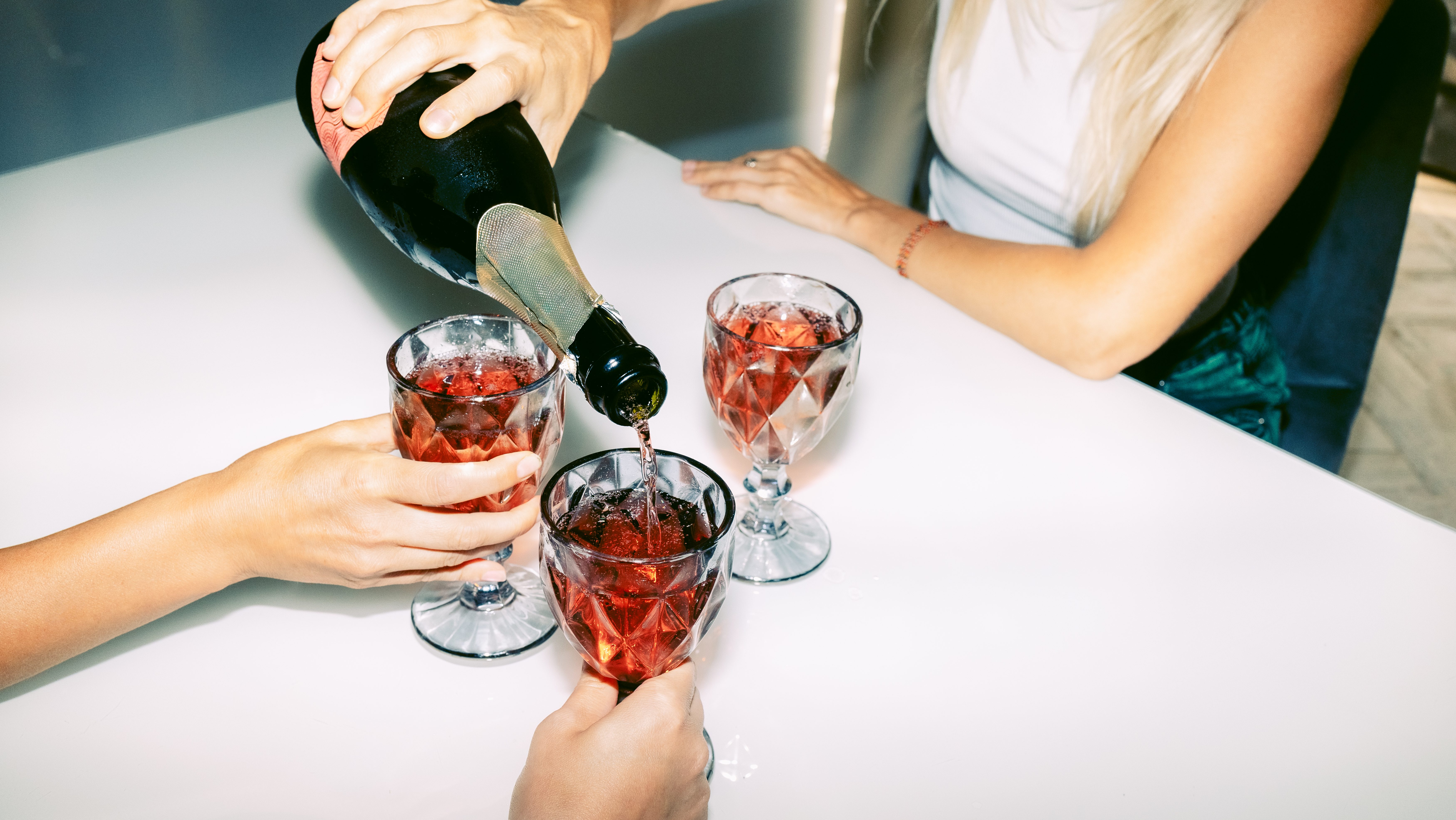A New Year means a fresh start, and for some that means going alcohol free the first month of the year, what's become known as "Dry January."
The trend has grown in popularity over the years and is popular with those looking to reset after a month of holiday celebrations. Experts say there are benefits to going booze-free including better sleep, improved mood and a greater sense of well-being.
WATCH ANYTIME FOR FREE
Stream NBC10 Boston news for free, 24/7, wherever you are. |
"I think it’s a really great idea for a lot of people," said Dr. Michelle DiBlasi, the chief of inpatient psychiatry at Tufts Medical Center. "Dry January kind of gives some people the opportunity to maybe reduce the amount of alcohol that they are drinking or just to say maybe I’ll just try going a month without doing it and see what sort of benefits there are."
Get updates on what's happening in Boston to your inbox. Sign up for our News Headlines newsletter.
Pat Doling, the owner of Dray Drinks, sees the trend firsthand and says people are looking for different options. His stores in Boston and Cambridge, Massachusetts, sell alcohol-free wine, cocktails and beer.
"Many of the things here today are pretty comparable to the alcoholic version," Dooling said. "I think post-pandemic there’s been a lot of focus on just health generally and the various things that keep your body good all the time."
For anyone going to try to give up drinking this month, here are some tips:
- Find a non-alcoholic substitution
- Find someone who will help you stay on track
- Keep a positive mindset
- Write down your goals and keep track of your drinking
The results can be long-lasting. A study by the American Psychological Association found those who successfully completed Dry January drank on average one day less per week even six months later.
"I've seen this with people where they’ve tried it, just trying not drinking at all or just drinking less and they often times see such an improvement in their mood, their wellbeing, their energy levels, that often they don’t really want to go back to doing it," DiBlasi said.



